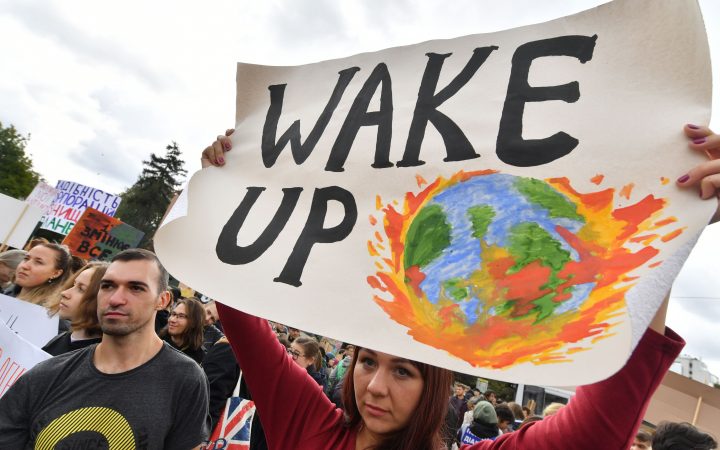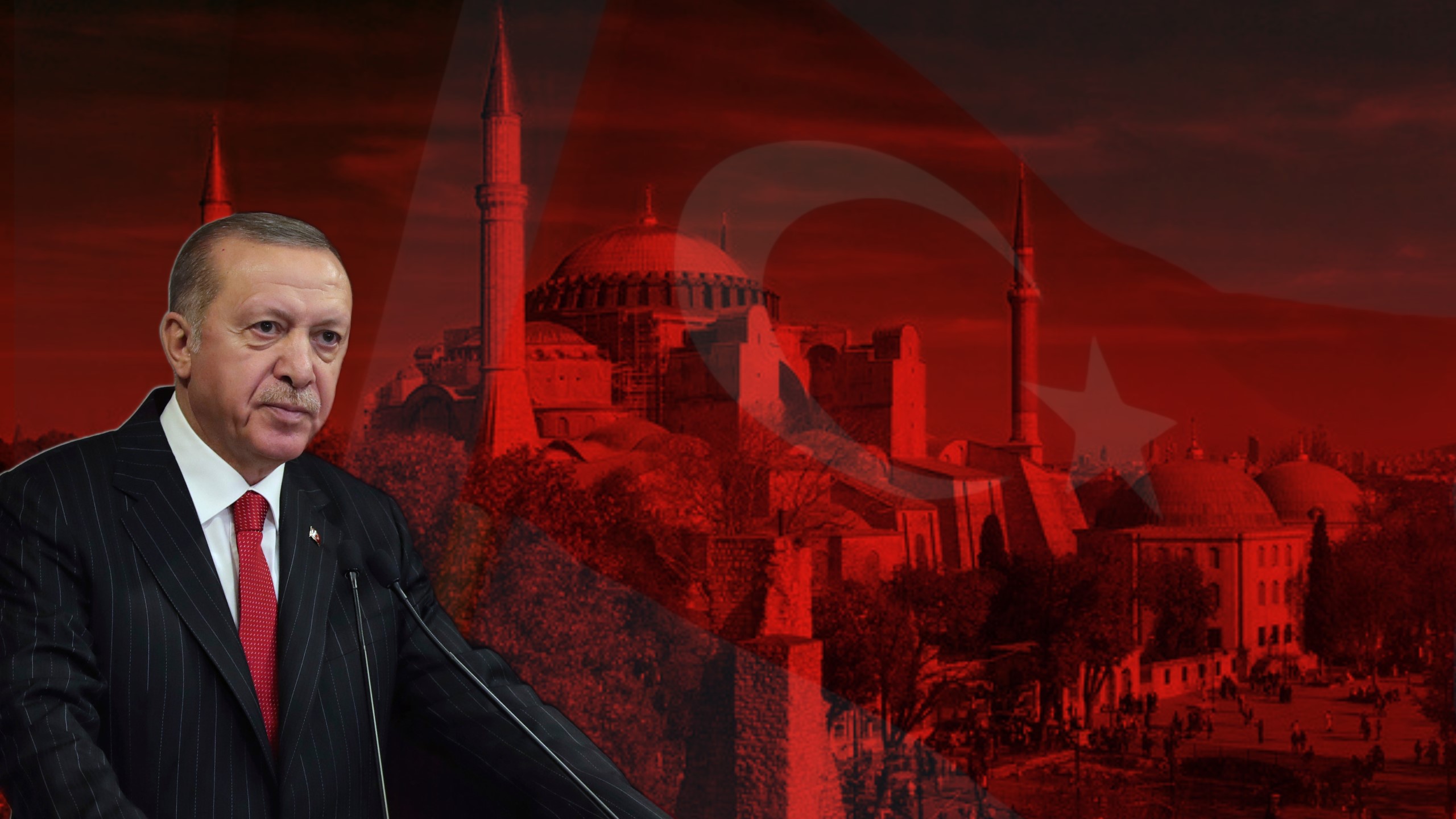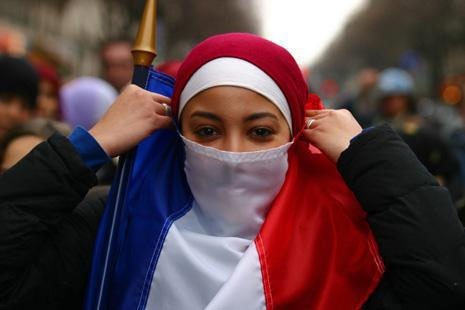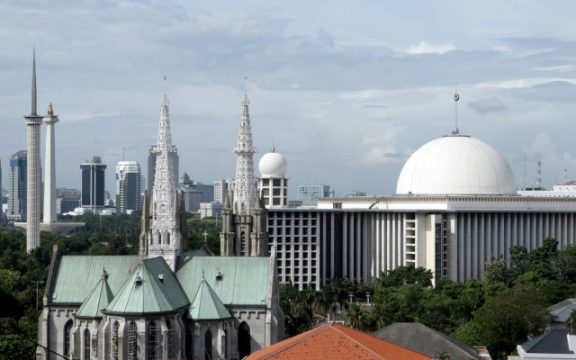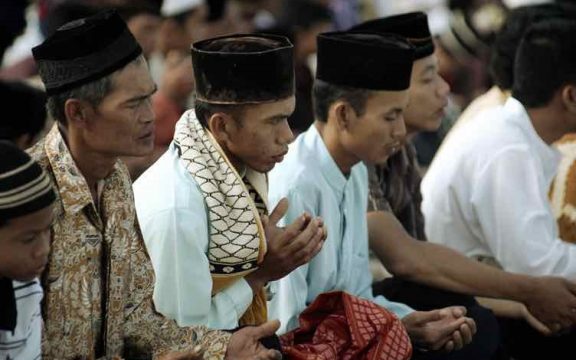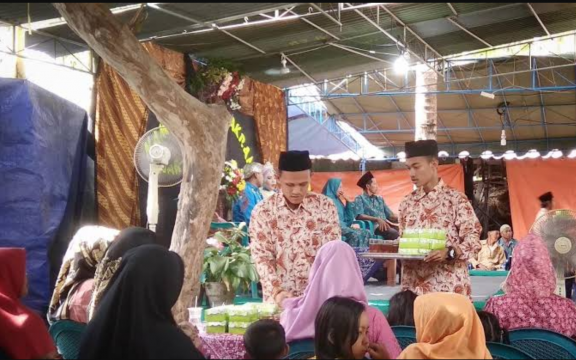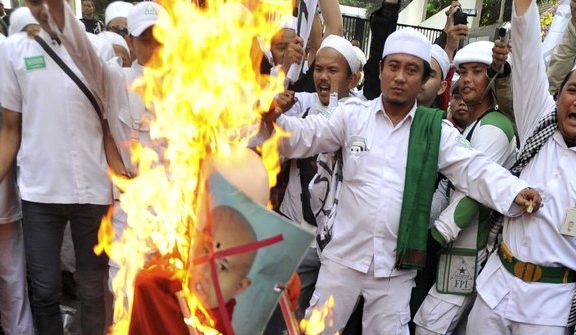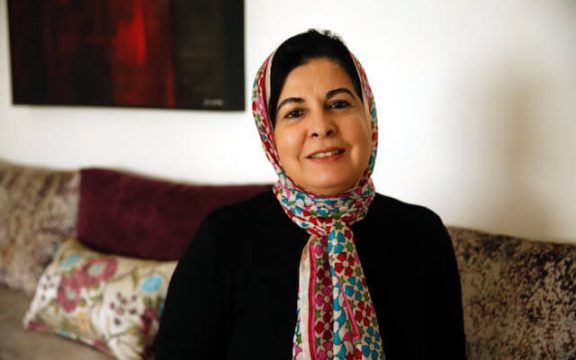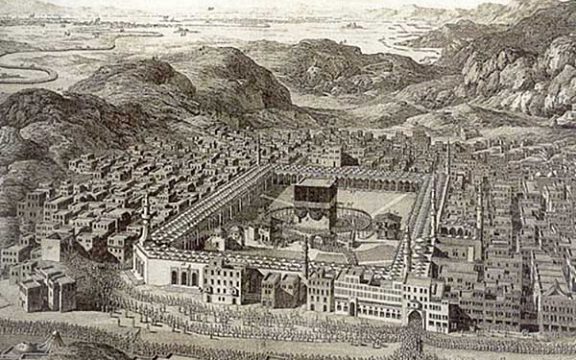“The biggest danger is not inaction. The real danger is when politicians and CEOs are making it look like real action is happening, when in fact almost nothing is being done, apart from clever accounting and creative PR.“
Greta Thurnberg is currently the world sensation. The 16-year-old kid blasted the UN Climate Summit with her speech, pointing out to policy makers and corporations as only bragging through public relations games and not giving enough concrete action for climate change. Furthermore, Greta satirized the discussion of the world leaders for 25 years – even before she was born –produce nothing.
Greta Thurnberg became an international sensation after her act of skipping school to respond to climate change (Skolstrejk för klimatet). The action was unexpectedly able to inspire millions of other young people and reached its peak in global climate change action in September 2019. This action was recorded as the largest climate change action in human history, involving a total of around 4 million demonstrators spread across various countries. Not surprising that she was named the Person of The Year in 2019 according to TIME magazine.
Climate change and environmental issues have become a current threat we are facing. According to the Ministry of Environment and Forestry of Indonesia, Indonesia recorded producing up to 65 million tons of waste in 2016, and increased to 67 tons in 2017.
Meanwhile, the Oceanographic Center of Indonesian Institute of Science, data shows that around 35.15% of coral reefs in Indonesia are in poor condition and only 6.39% in very good condition. Not to mention the issue of the conversion of forest functions by corporations for mining or plantations that occur across the country. In addition, Citarum River had surfaced in the international media, after its color changed visibly due to textile factory waste.
Indonesian Muslim scholar, Sahal Mahfudz in his book Nuance of Social Fiqh, has stated that Islam carries a mission to bring people to sa’adatud-darain, or happiness in two ‘gardens’, namely the world and the hereafter. In achieving such happiness, Sahal Mahfudz even defines the term salih as the ability to inherit the earth to manage, balance and preserve without making damage for the next generation.
Still according to Sahal Mahfudz, Islam recognizes the priorities in human life, namely those that are dharuri (primary) or hajjiy (fundamental). Only then came the secondary needs. In formulating this primary need, he emphasized, Islamic law must be directed at the primary interests of life, the basic human interest. The primary needs don’t need to be divided according to the interests of afterlife purpose, or moral values since they indicate universal human interests.
Not that afterlife (akhirah) purpose are not important, akhirah interests remain the main goal for a Muslim in achieving sa’adatud-darain. However, there needs to be an understanding that our akhirah interests will be more easily achieved if our primary needs are met in first place.
Nahdlatul Ulama, the Indonesian largest Muslim organization, has called for the prohibition to damage the environment as early as 1994 National Conference, by relying on the Al-Qurthubi argument in the book al-Jami ‘li Ahkam al-Qur’an:
“And cause not corruption upon the earth after its reformation. And invoke Him in fear and aspiration….” (Surah al-A’raf: 56). The verse has stated, namely that Allah has prohibited all acts of destruction on earth, little or much after its reformation. In a valid opinion, the prohibition applies in general. Meanwhile according to al-Dhahhak it means: “Do not pollute certain water, and do not cut fruit trees.”
Not long ago, Yenny Wahid, an Indonesian woman Muslim leader has called on the same forum as Greta Thurnberg in Madrid. Yenny questioned religious authority in responding the climate change. Yenny questioned:
“Why are abstract concepts of heaven and hell able to motivate people to follow certain ways of life? On the other hand, we have factual knowledge and data about climate change, but are unable to move people to include prevention efforts in their priorities.”
Energy of religion is so great in human life, that it could encourage people to do a certain pattern of their activity. Of course it is very unfortunate if this energy only dwells on the issue of sharia formalizations and debating over heaven and hell normatively, simultaneously ignoring the interests of the lives of human beings.
An important step in upholding sharia is how to make Islamic legal opinion made by humans stays in a corridor based on the main objectives of sharia (maqasid syariah). Dwelling on the formalization issue finally reduce the essence of sharia itself.
On the other hand we must recognize, the peace that we understand today only stops at the negative concept of “the absence of conflict”. Peace has not been interpreted as a massive joint initiative to make the earth a place worth living together.
Starting from the generation of Sahal Mahfudz, Yenny Wahid, to a phenomenal young kid Greta Thurnberg, environmental issues have been widely discussed and are still under common duty to make it into a real action. That means, this problem has become an issue across generations. The priority of sharia which is reflected in the hifdzun-nasl (maintaining the continuity of the generation) is becoming more and more relevant.
Then we need to question ourselves: have we become a salih, righteous people – who are worthy in managing the earth, or just being Muslims who commit destruction on earth? How can we bear the sins of this generation if we are unable to carry out the mandate of preserving the environment for the next generation?
![Islami[dot]co](https://en.islami.co/wp-content/themes/jambualas/images/logo.png)
